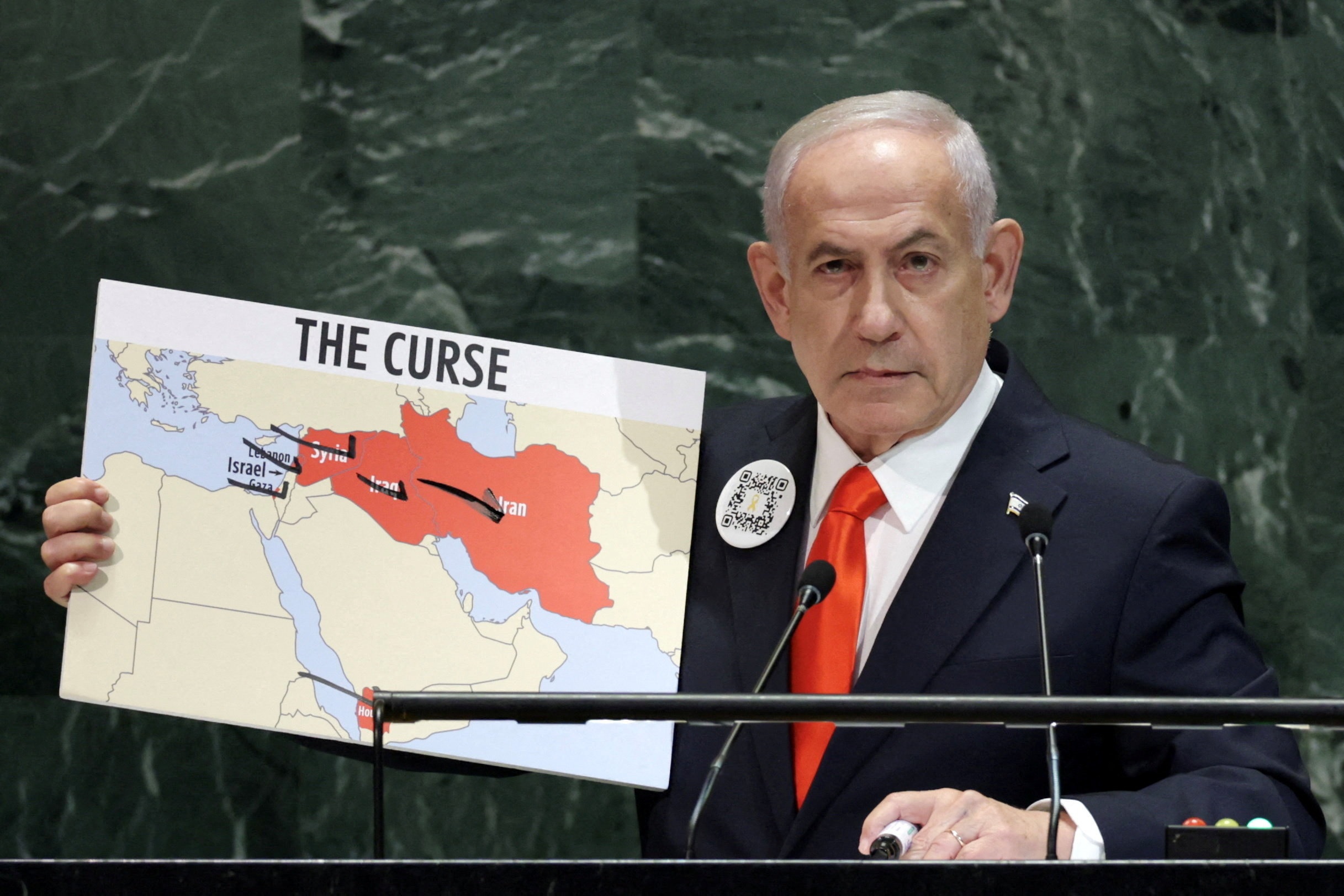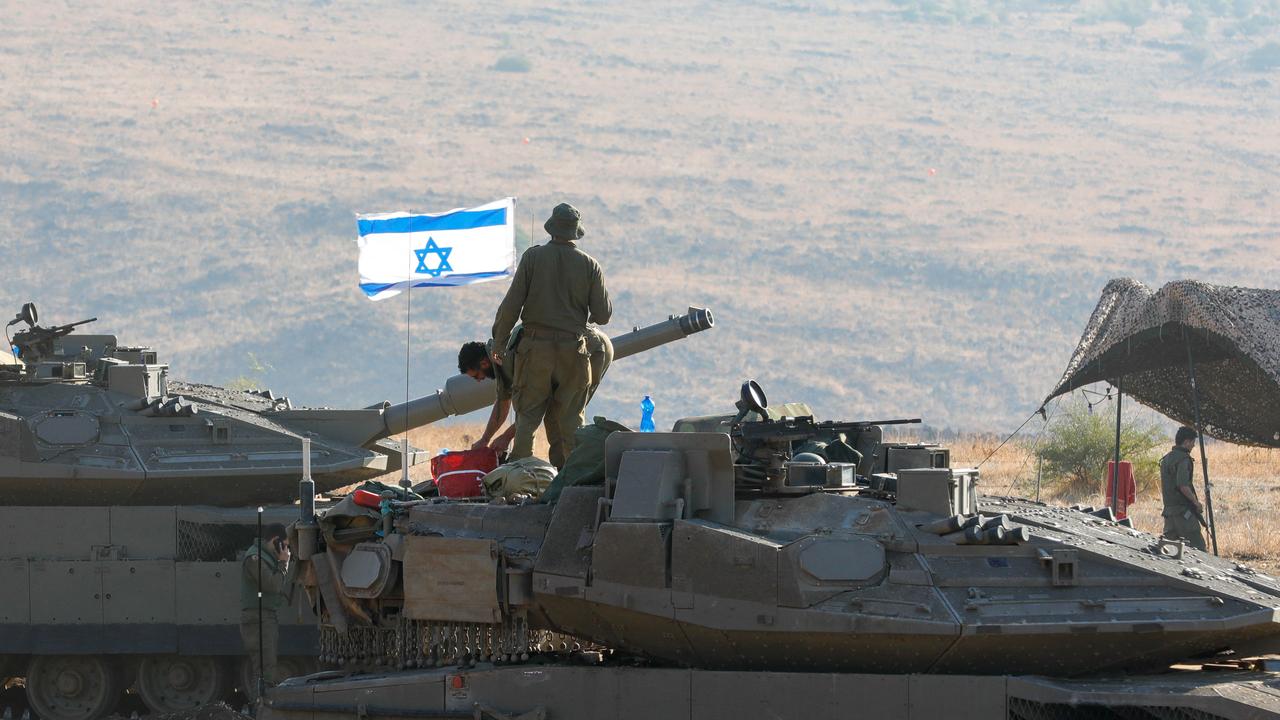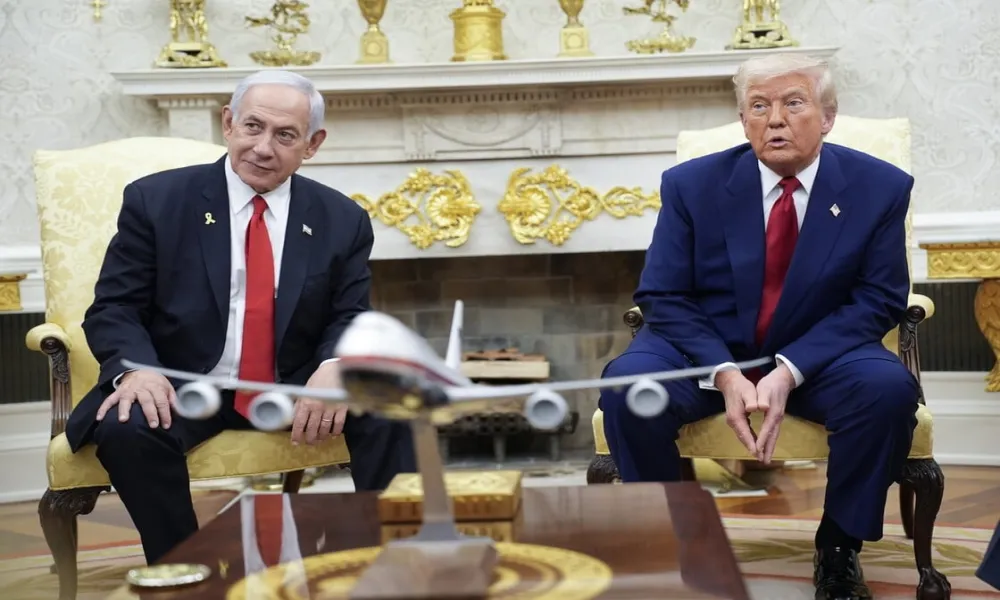President Donald Trump and Israeli Prime Minister Benjamin Netanyahu are expected to meet at the White House on Monday to discuss U.S.-backed proposals for governing Gaza after the war, their fourth Washington encounter since January. Each prior meeting raised hopes of a ceasefire without ending the fighting. This round unfolds as Washington weighs ideas, including one pitched by former U.K. Prime Minister Tony Blair, while France and several Arab governments circulate parallel plans, the New York Times reports.
Shifting diplomatic backdrop
The meeting follows a week in which Israel’s isolation deepened, with Britain, France and other European countries announcing recognition of a Palestinian state over Israeli objection. A longstanding ally of Israel, Trump has also voiced impatience with the war’s length and said he “will not allow” Israel to annex parts of the occupied West Bank.
Pressure and leverage
After conferring in New York with Arab and Muslim leaders on a U.S. postwar framework for Gaza, Trump now seeks Netanyahu’s buy-in. It remains unclear what leverage Washington will use if Jerusalem resists, the Times notes. Vice President J.D. Vance described a “complicated negotiation” among Arab states, Israel and the U.S., saying a deal could still “get derailed at the very last minute.”

Netanyahu’s calculus
Netanyahu has previously chosen to press the campaign against Hamas rather than compromise. His far-right partners favor open-ended Israeli control of Gaza and a return of Jewish settlements there. On Sunday, he told Fox News he hoped Israel could “make it a go” on Trump’s proposal, adding the plan was not finalized. He also suggested Israel might consider amnesty for Hamas members if the war ends and hostages are freed, according to the Times. Meanwhile, Israeli settler leaders in the U.S. sought a meeting to urge Netanyahu to defy Trump’s warning on annexation.
The war’s toll and stalled talks
The war began on 7 October 2023, when Hamas attacked Israel, killing about 1,200 people and taking hundreds hostage. Israel’s counteroffensive has since killed more than 65,000 people in Gaza, including thousands of children, according to Gaza health officials cited by the Times (their tally does not distinguish civilians from combatants). Hamas said Sunday it had not formally received the latest cease-fire proposal. Negotiations have been stalled since Israel bombed Qatar on 9 September in an attempt to assassinate Hamas’s top leadership there, an attack that drew international condemnation as the Times reported.

Politics at home and abroad
With at least 20 hostages still believed alive and roughly 25 bodies held in Gaza, domestic pressures on Netanyahu are mounting. The Times notes Israel’s standing has been shaken, from International Criminal Court actions to protests faced by Israelis abroad. Yet Netanyahu projects defiance, telling the UN General Assembly last week that critics are “weak-kneed leaders” yielding to “antisemitic mobs.” According to the Times, one of his former advisers, Nadav Shtrauchler, argues the prime minister is already looking to next year’s elections, a factor that could push him to accept Trump’s plan and “wind down” the Gaza campaign, even at the risk of a right-wing backlash.
